1950s - Books and Other Culture
friedag
10 years ago
Related Stories

ARCHITECTURERoots of Style: Many Cultures Make Their Marks on Mediterranean Design
If you live in California, Florida or certain other parts of the U.S., your architecture may show distinct cultural influences
Full Story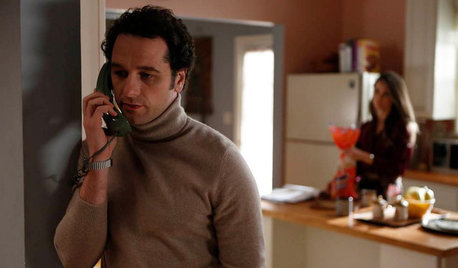
DECORATING GUIDESPop Culture Watch: 12 Home Trends from the '80s Are Back
Hold on to your hat (over your humongous hair); interior design elements of the 1980s have shot forward to today, in updated fashion
Full Story
BUDGET DECORATINGPop Culture Watch: Get a Good Rap With Thrift Store Scores
Eight rooms that rock secondhand finds, in an ideabook inspired by rappers taking YouTube by storm
Full Story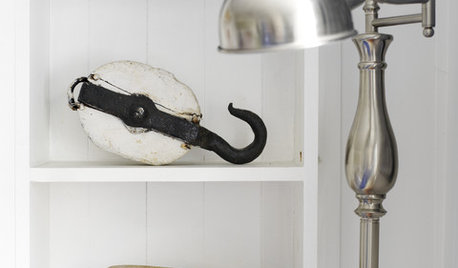
HOUZZ TOURSHouzz Tour: Cultural Adventure in Newfoundland
Lovingly renovated coastal cottages enhance a trip of a lifetime
Full Story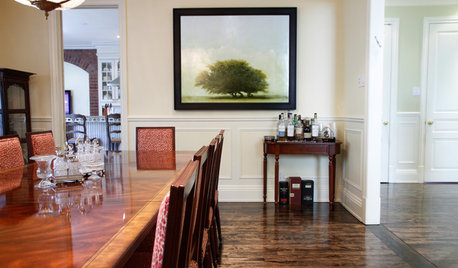
HOUZZ TOURSMy Houzz: Culture and History Enrich a Traditional Montreal Home
Antiques, artwork and artifacts mix with rich colors and patterns for a family home as personal as it is approachable
Full Story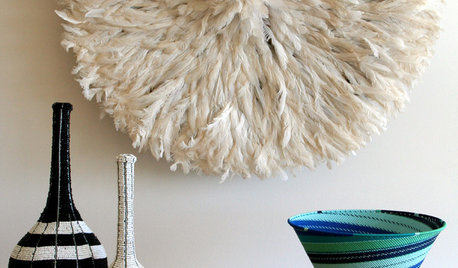
DECORATING GUIDESCulture an African Look With Artifacts
A ceremonial headdress, a carved wood stool for a king ... African artifacts bring culture and significance to the home
Full Story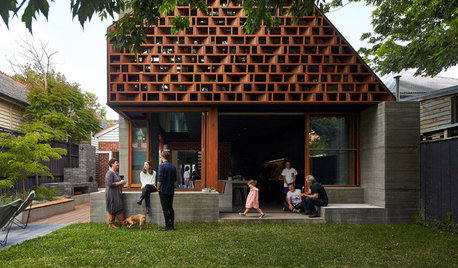
HOMES AROUND THE WORLDHouzz Tour: Local Cafe Culture Inspires a Melbourne Makeover
An Australian family renovates its bungalow to connect with relatives, friends and community
Full Story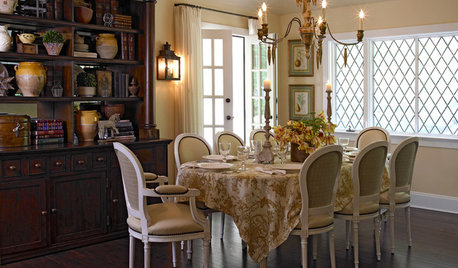
COTTAGE STYLEHouzz Tour: 1950s Ranch Home Remade Into a Charming Cottage
A Westchester County, New York, home’s garden landscape inspires a cozy, eco-friendly renovation
Full Story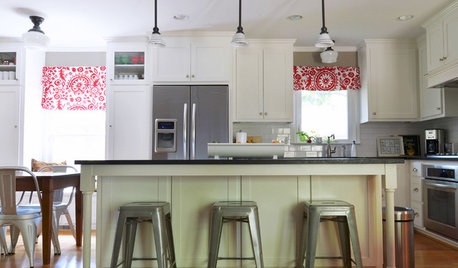
ECLECTIC HOMESMy Houzz: Kitchen Remodel Unifies a 1950s Texas Ranch House
A budget-minded couple seamlessly mix modern upgrades with vintage decor in Dallas
Full Story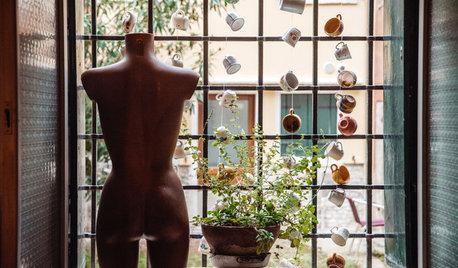
HOMES AROUND THE WORLDMy Houzz: In Italy, a Kind of Design Poetry Amid Books and Mannequins
This Venetian writer-professor’s apartment is its own magical universe of objects, creativity and memories
Full Story


woodnymph2_gw
annpan
Related Discussions
Books on Tomato Culture
Q
strip / refinish 1950s table?
Q
The 1950s and ranches
Q
1950's ranch kitchen renovation - layout help
Q
friedagOriginal Author
annpan
woodnymph2_gw
friedagOriginal Author
veer
annpan
rosefolly
rosefolly
annpan
friedagOriginal Author
annpan
woodnymph2_gw
friedagOriginal Author
annpan
veer
friedagOriginal Author
woodnymph2_gw
friedagOriginal Author
friedagOriginal Author
annpan
woodnymph2_gw
friedagOriginal Author
friedagOriginal Author
veer
annpan
friedagOriginal Author
rosefolly
woodnymph2_gw
friedagOriginal Author
annpan
friedagOriginal Author
annpan
friedagOriginal Author
Kath
annpan
Kath
annpan
Kath
friedagOriginal Author
Kath
friedagOriginal Author
veer
annpan
mudlady_gw
friedagOriginal Author
annpan
veer
annpan